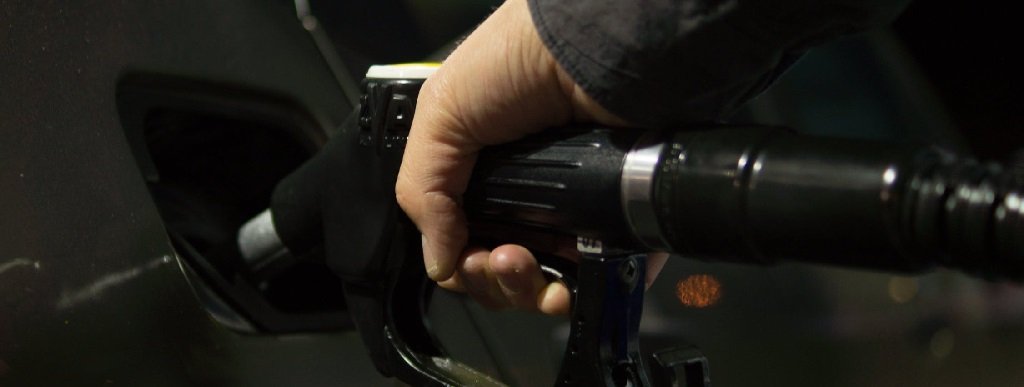Improving your Chrysler’s fuel efficiency not only saves you money but also reduces your environmental impact. Whether you drive a Chrysler 300, Pacifica, or any other model, there are several strategies you can implement to enhance fuel economy. In this guide, we’ll explore practical tips and maintenance practices to help you get the most out of each gallon of fuel.
1. Regular Maintenance
Why It Matters:
Routine maintenance is crucial for optimal fuel efficiency. A well-maintained vehicle runs more smoothly and efficiently, which translates to better gas mileage.
Tips:
- Change the Oil Regularly: Use the recommended type and grade of motor oil for your Chrysler. Regular oil changes keep the engine running smoothly and efficiently.
- Replace Air Filters: A clean air filter improves engine performance and fuel efficiency. Replace it as recommended in your owner’s manual.
- Check Spark Plugs: Worn spark plugs can reduce fuel efficiency. Inspect and replace them as needed to ensure proper combustion.

2. Proper Tire Maintenance
Why It Matters:
Tire maintenance affects fuel economy significantly. Under-inflated tires increase rolling resistance, which can reduce your vehicle’s MPG.
Tips:
- Maintain Proper Tire Pressure: Check and maintain the recommended tire pressure for your Chrysler. Properly inflated tires ensure better fuel efficiency and safety.
- Rotate Tires Regularly: Regular tire rotations promote even wear and can help maintain optimal fuel efficiency. Follow your vehicle’s recommended rotation schedule.
3. Driving Habits
Why It Matters:
Your driving habits play a significant role in fuel consumption. Adopting fuel-efficient driving practices can improve MPG and reduce the frequency of refueling.
Tips:
- Drive Smoothly: Avoid rapid acceleration and hard braking. Smooth driving helps your vehicle use fuel more efficiently.
- Use Cruise Control: On highways, use cruise control to maintain a steady speed. This can help improve fuel efficiency on long trips.
- Avoid Idling: Turn off the engine if you’re stopped for more than a minute. Idling wastes fuel and reduces overall MPG.
4. Weight and Aerodynamics
Why It Matters:
Excess weight and poor aerodynamics can decrease fuel efficiency by making your vehicle work harder to move and maintain speed.
Tips:
- Remove Unnecessary Items: Remove excess weight from your vehicle by clearing out unnecessary items from the trunk and interior.
- Use Roof Racks Wisely: If you use a roof rack, remove it when not in use. Roof racks can increase drag and reduce fuel efficiency.
5. Efficient Use of Air Conditioning
Why It Matters:
Using the air conditioning system can impact fuel consumption. The AC system puts additional load on the engine, affecting MPG.
Tips:
- Use AC Moderately: Use the air conditioning system judiciously. Turn it off or use it at lower settings when possible.
- Ventilation: When driving at lower speeds, consider using the vehicle’s ventilation system instead of the AC to keep the cabin cool.
6. Fuel Quality and Type
Why It Matters:
The type and quality of fuel you use can influence fuel efficiency. Using the wrong type of fuel or poor-quality fuel can affect engine performance.
Tips:
- Use the Recommended Fuel: Follow the manufacturer’s recommendation for fuel type. Using premium fuel in an engine that doesn’t require it doesn’t improve efficiency and may not be cost-effective.
- Buy from Reputable Stations: Purchase fuel from reputable gas stations to ensure the quality of the fuel you’re using. Contaminated or poor-quality fuel can negatively impact fuel economy.
7. Regular Engine Diagnostics
Why It Matters:
Engine problems can lead to reduced fuel efficiency. Regular diagnostics can help identify and address issues before they affect MPG.
Tips:
- Check Engine Light: Pay attention to the Check Engine Light. If it comes on, have your vehicle diagnosed and repaired promptly to address any issues affecting fuel efficiency.
- Professional Inspections: Schedule regular inspections with a certified mechanic to ensure your engine and related systems are functioning optimally.
8. Software Updates
Why It Matters:
Modern vehicles, including many Chrysler models, have advanced electronic systems that control various aspects of performance, including fuel efficiency.
Tips:
- Update Vehicle Software: Keep your vehicle’s software updated. Manufacturers sometimes release updates that can improve engine performance and fuel efficiency.
Conclusion
Enhancing your Chrysler’s fuel efficiency involves a combination of regular maintenance, mindful driving habits, and making smart choices about how you operate your vehicle. By implementing these tips and practices, you can improve your Chrysler’s MPG, save on fuel costs, and contribute to a greener environment. Stay proactive with your vehicle care, and you’ll enjoy the benefits of a more efficient and cost-effective driving experience.

